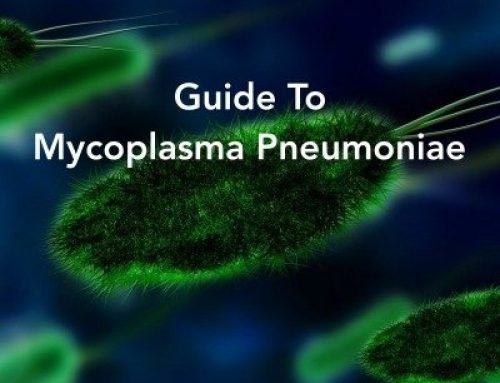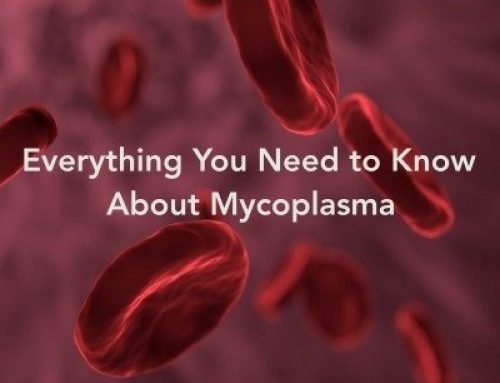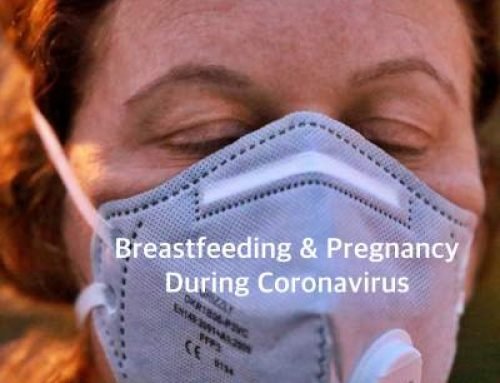Activated Charcoal Toothpastes
As noted by the American Dental Association, healthy teeth and gums are not luxury, but they are essential.
Proper oral and dental hygiene is a key in averting tooth decay, bad breath, and gum illness and also, it will preserve your teeth as you age. According to Colgate, an unhealthy mouth and gum illness puts one at a higher risk of serious health-related complications like strokes, heart illness, and preterm labor. This is why people need to become more aware about the importance of maintaining good oral health, which is intertwined with our overall health.
The awareness of dental health needs to begin at a young age, as noted on Glendor a Family Dentistry, and children need to be educated about the necessity of keeping the teeth and gums healthy and clean at all times. They should also be informed about the consequences that may happen from inadequate oral hygiene and eating poor foods so that they remember to brush their teeth daily after meals and avoid the number one enemy of the teeth, i.e. excessive sugar consumption. After all, a beautiful smile involves having clean and healthy teeth, among other things.
When it comes to dental health, a lot of people often have doubts about what the best toothpaste for them is. Is it an organic one made with all-natural ingredients that contains fluoride or whether this may be an activated charcoal toothpaste? Since charcoal toothpastes have recently become very popular and people have been buying them a lot, we dedicate this article to investigating whether they actually work and if you should start using them.
Let us find out more about this type of toothpaste.
What Does “Charcoal Toothpaste” Mean?
According to Web MD, charcoal, is made from wood, coal, or other substances and it becomes “activated” when high temperatures in combination with an activating agent or a gas expand its surface area (treated form of carbon) and make the carbon more porous.
This black powder is a mixture of bone char, coconut shells, olive pits, coal, sawdust, etc. As explained on Dr. Steve Lin, the negative electrical charge of activated charcoal pulls positively charged molecules and gases and toxins are known to have positive charge. Since the body cannot absorb activated charcoal, the toxins are successfully expelled from the body.
As seen on Ask the Dentist, activated charcoal is advantageous for much more than just managing poisoning. It is important not to confuse it for charcoal that is commonly used on barbeques, even though they are made from the same base materials, as emphasized on Dr. Steve Lin.
It is the pores present in activated charcoal toothpastes that are claimed to have the capacity to whiten the teeth, remove teeth stains and tartar, and eliminate bad bacteria from the mouth cavity.
Here are the major benefits of brushing your teeth with activated charcoal toothpaste described in detail, according to Ask the Dentist:
- It eliminates plaque and refreshes the breath
Cleaning your teeth with a quality activated charcoal toothpaste will boost the pH in the mouth since charcoal is known to attach to acidic elements and speed up the rate of their removal from the body, which consequently has the power to lower the depositing of acidic plaque and also to better your breath quality in case you suffer from bad breath.
- Eliminates stains
Discolorations on the outside of the teeth from wine, berries, coffee, etc. can be easily removed if you brush your teeth with this type of toothpaste. This is not the same however with professional teeth whitening, but is crucial in maintaining the teeth beautiful.
- Strengthens the dental health
A balanced oral microbiome is essential for our dental, but overall health too. Charcoal toothpaste can contribute to this balance and aid in averting damage by enhancing the immunity of the mouth.
Are there any Potential Downsides of Charcoal Toothpastes?
As mentioned on Ask the Dentist, misusage of this type of toothpaste can have serious side effects and therefore, you should always consult your dentist before you decide to use it to find what type of charcoal toothpaste is the best for you and how to properly use it.
Learn how to minimize the downsides of using activated charcoal toothpaste:
- Do not overuse it
Never use the toothpaste every day. Two to three days is sufficient if you want to prevent major issues like enamel erosion.
- Enamel erosion
When charcoal toothpaste is overly abrasive, it can lead to long-term enamel damage. According to Lincoln Dental Center, when the relative dentin abrasivity (RDA) is higher than 100, the toothpaste can significantly damage your enamel if you use it on a regular basis. You can check your toothpaste’s RDA on this website.
- Read the labels
Without doubt, with the increasing popularity of this toothpaste, there are differences in the quality of the toothpaste, i.e. the ingredients found in it. Before you purchase your charcoal toothpaste, make sure it does not contain artificial sweeteners, fluoride or sodium lauryl sulfate.
- Use it properly
When you use this toothpaste, you should never brush excessively, but use gentle and circular movements and then rinse the mouth with water until the spit if free of any toothpaste residue. Another way to use it is to smear it onto the teeth and leave it for 5 to 10 minutes to do its job, i.e. absorb bad bacteria.
Final Thoughts on Activated Charcoal Toothpaste
Even though there is logic behind the concept of using this toothpaste to remove stains and make the teeth cleaner, it needs to be used in moderation and cautiously and of course, remember to purchase your activated charcoal toothpaste from trusted brands only. Otherwise, poor quality activated charcoal toothpaste may permanently damage the tooth enamel and expose you to substances that are not good for your health like artificial sweeteners.
Insurance
Embry Women’s Health is committed to providing quality, affordable health care. We’re in-network with all major insurance plans, including Aetna, Blue Cross Blue Shield, Cigna and UnitedHealthcare. No insurance? No problem. We offer a simple fee schedule for those who wish to pay out-of-pocket. Click the button below for our complete list and more information:















Hey there! This is my 1st comment here so I just wanted to give a quick shout out and say I truly enjoy reading through your blog posts. Can you recommend any other blogs/websites/forums that cover the same subjects? Many thanks!